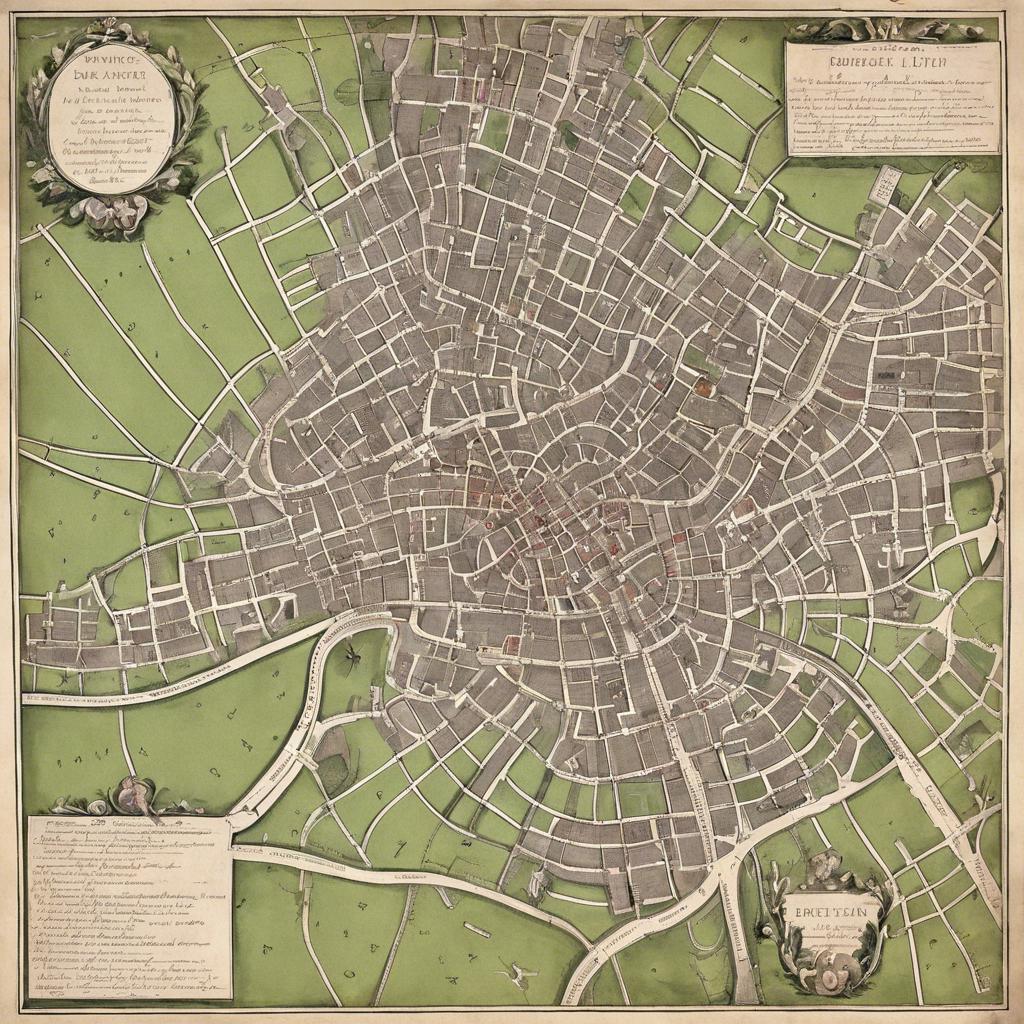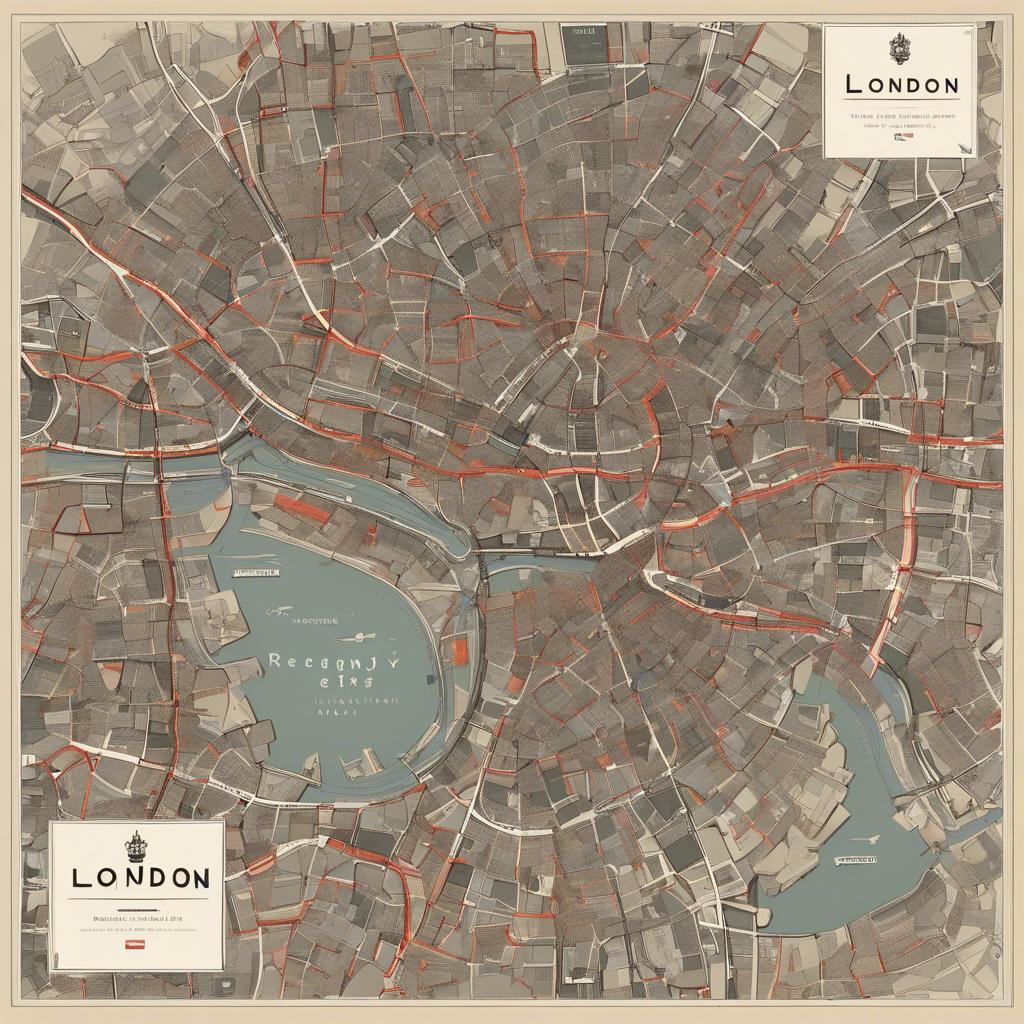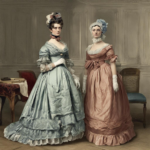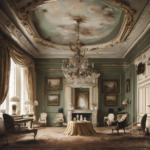In the vibrant and era-girl/” title=”regency era girl”>complex world of Regency era London, a map served as a crucial tool for navigating the bustling streets, elegant squares, and winding alleyways of this historically significant city. As we delve into the detailed cartography of this era, we uncover a rich tapestry of history, culture, and society that shaped the landscape of London during the early 19th century. Join us on a journey through the streets of Regency London, as we explore the significance of maps in understanding the city’s urban development and social dynamics.
Step Into the World of Cheryl Bolen
Dive into the enchanting stories of love, intrigue, and elegance set in the Regency Era. Cheryl Bolen's novels offer timeless romance and captivating tales that will leave you wanting more.
Explore Cheryl Bolen's Books Now
Introduction to Regency Era London Map
The Regency Era London Map provides a fascinating glimpse into the vibrant city during the early 19th century. As you explore the intricacies of this historical period, you will uncover hidden treasures and iconic landmarks that defined Regency London.
One of the highlights of the Regency Era London Map is the majestic Buckingham Palace, the residence of the British monarch. From the grandeur of St. James’s Park to the opulence of the Royal Mews, this area encapsulates the luxury and elegance of Regency society.
Delve into the bustling streets of Covent Garden, a hub of entertainment and culture during the Regency Era. From the famous Royal Opera House to the vibrant markets and theaters, Covent Garden was a hotspot for social gatherings and artistic inspiration. Explore the rich history of this lively district through the Regency Era London Map.
Exploring the Layout of Regency London
London in the Regency era was a bustling city filled with a mix of architectural styles and social classes. As you explore the layout of Regency London, you will discover a city that was rapidly expanding and evolving. From the elegant streets of Mayfair to the crowded alleys of the East End, each neighborhood had its own unique character and charm.
One of the best ways to understand the layout of Regency London is to study a map from that time period. These maps, often hand-drawn and beautifully detailed, provide a fascinating glimpse into the city as it once was. By examining these maps, you can see how the city was divided into different districts, each with its own distinctive features and landmarks.
Key Features of Regency Era London Map
- Westminster Abbey: A symbol of royal power and religious significance
- The Thames River: The lifeblood of the city, lined with bustling docks and warehouses
- Covent Garden: A popular market and entertainment district, known for its theaters and taverns
Key Landmarks and Points of Interest in Regency London
Exploring Regency era London is a journey through time, filled with key landmarks and points of interest that showcase the rich history and culture of this period. From grand palaces to bustling markets, there is no shortage of places to discover in this vibrant city.
One of the most iconic landmarks of Regency London is the majestic St. James’s Palace, which served as the residence of the British monarchs until the early 19th century. The palace’s stunning architecture and royal history make it a must-visit for anyone interested in the regency era.
For those looking to experience the vibrant social scene of Regency London, a visit to the exclusive Almack’s Assembly Rooms is a must. This elegant venue was the hub of high society during the regency era, hosting lavish balls and social events that were attended by the elite of London society.
Navigating Regency London: Tips for Using the Map efficiently
When navigating Regency London, it’s essential to have a good understanding of the map to efficiently travel around the city. Here are some tips to help you make the most out of your map:
1. Familiarize yourself with the layout: Take some time to study the map and get a sense of the main streets, landmarks, and neighborhoods in Regency London. This will help you navigate with ease and plan out your route ahead of time.
2. Use landmarks as reference points: In a city as bustling as Regency London, it can be easy to get turned around. Use prominent landmarks such as St. Paul’s Cathedral or Buckingham Palace to orient yourself and find your way around the city.
Key Takeaways
As we conclude our exploration of the Regency Era London map, we are reminded of the intricate tapestry of history that shaped this bustling metropolis. The streets, parks, and landmarks depicted on these maps offer a fascinating glimpse into the vibrant social, cultural, and political life of early 19th-century London. And while much has changed in the centuries since, the legacy of the Regency era continues to leave its mark on the city to this day. We invite you to continue your journey through the past by delving further into the rich history of London during this transformative period. Thank you for joining us on this historical expedition through the streets of Regency London.


